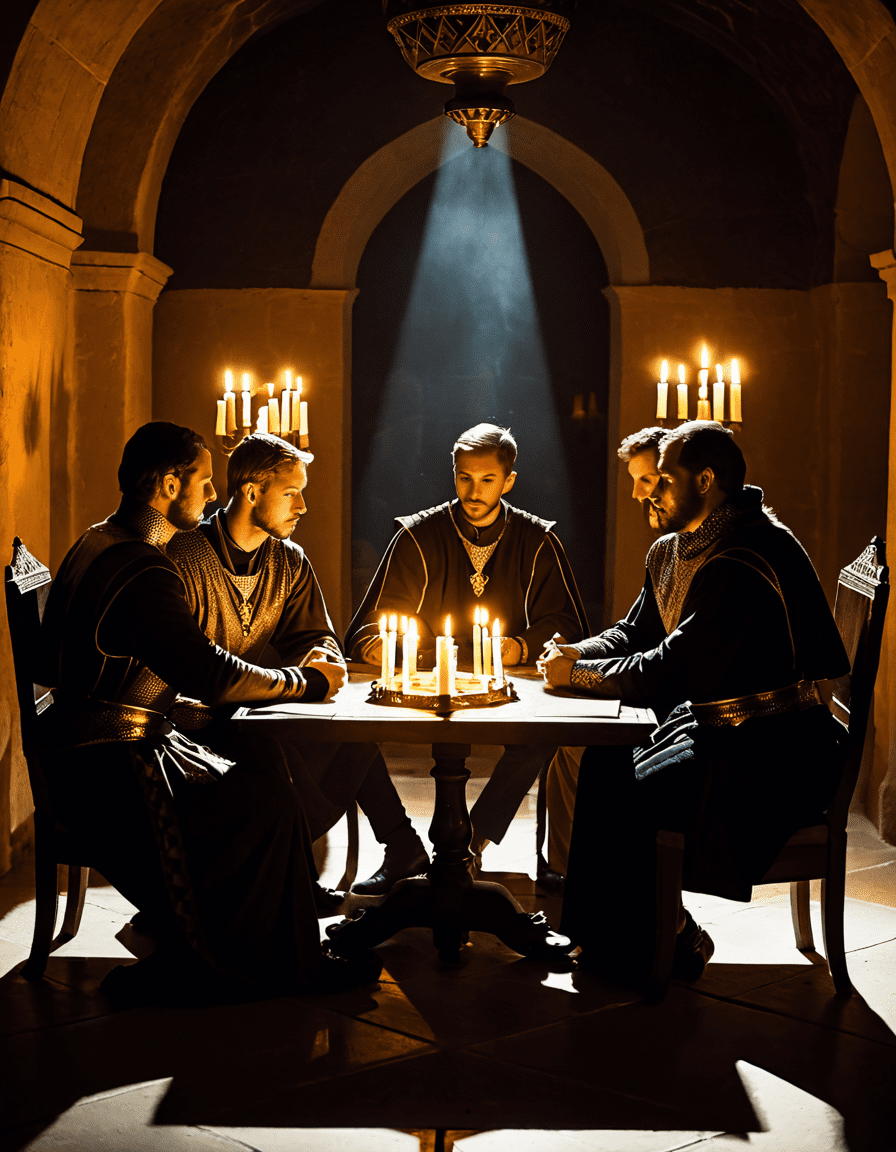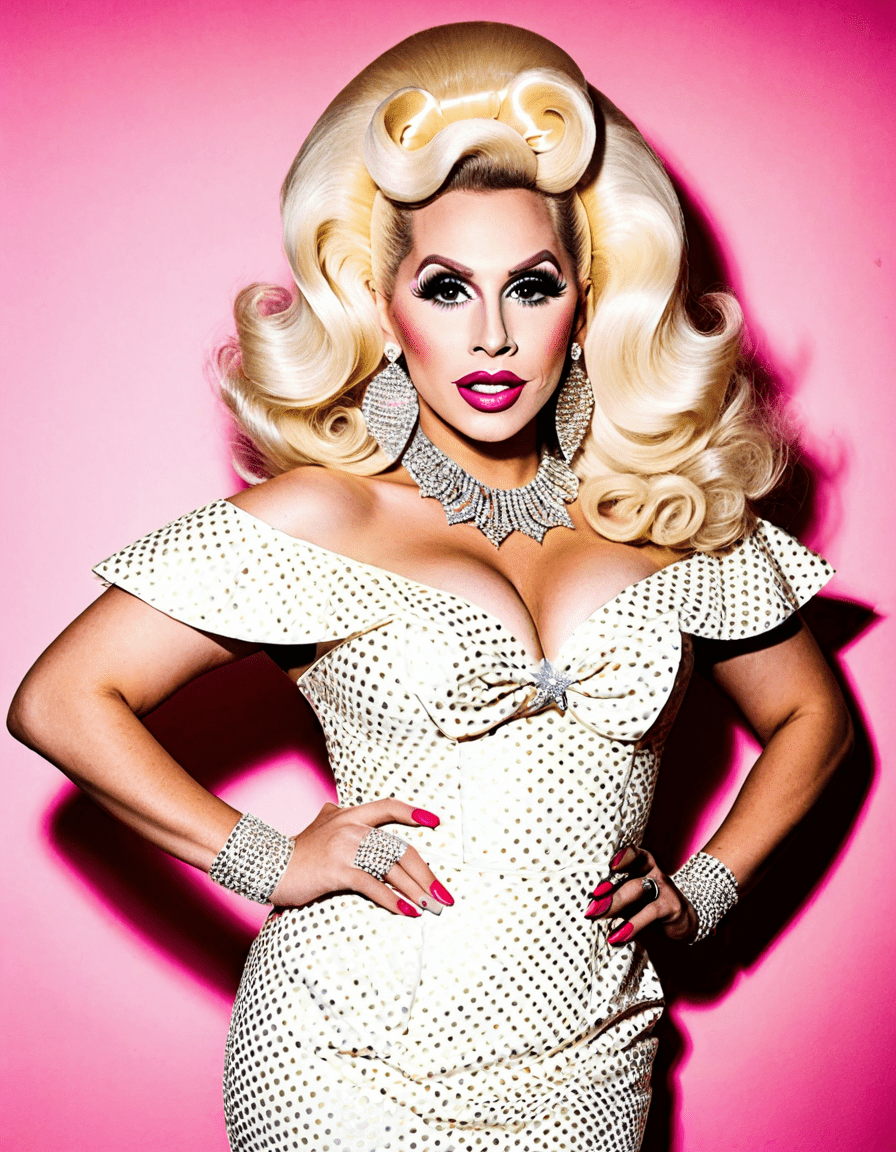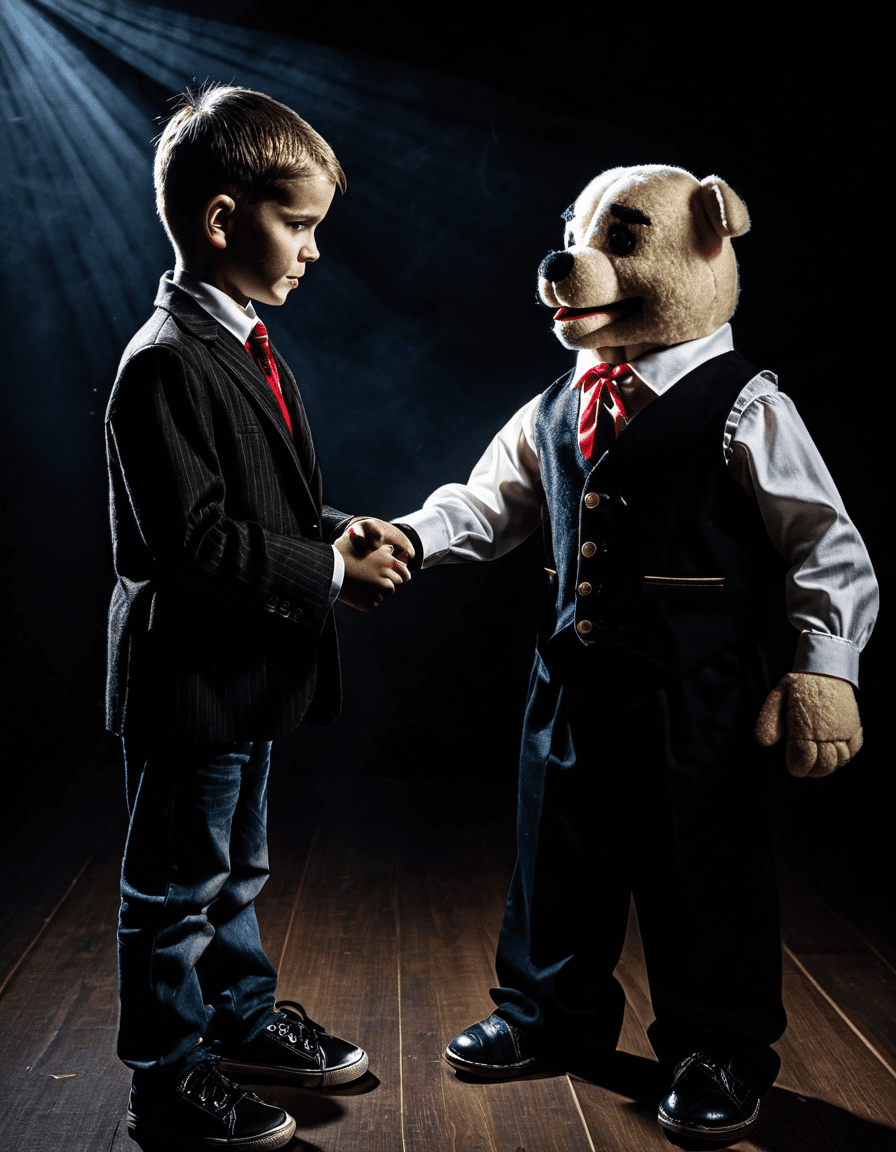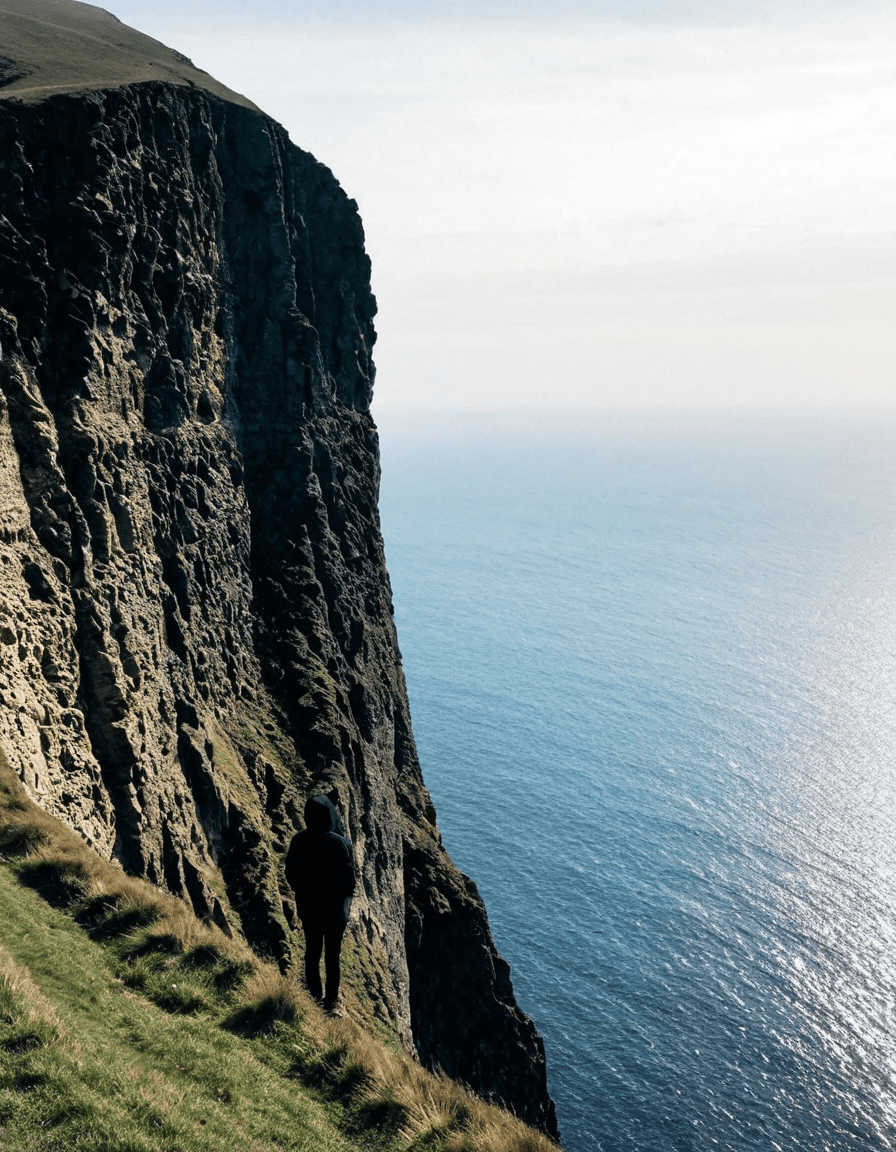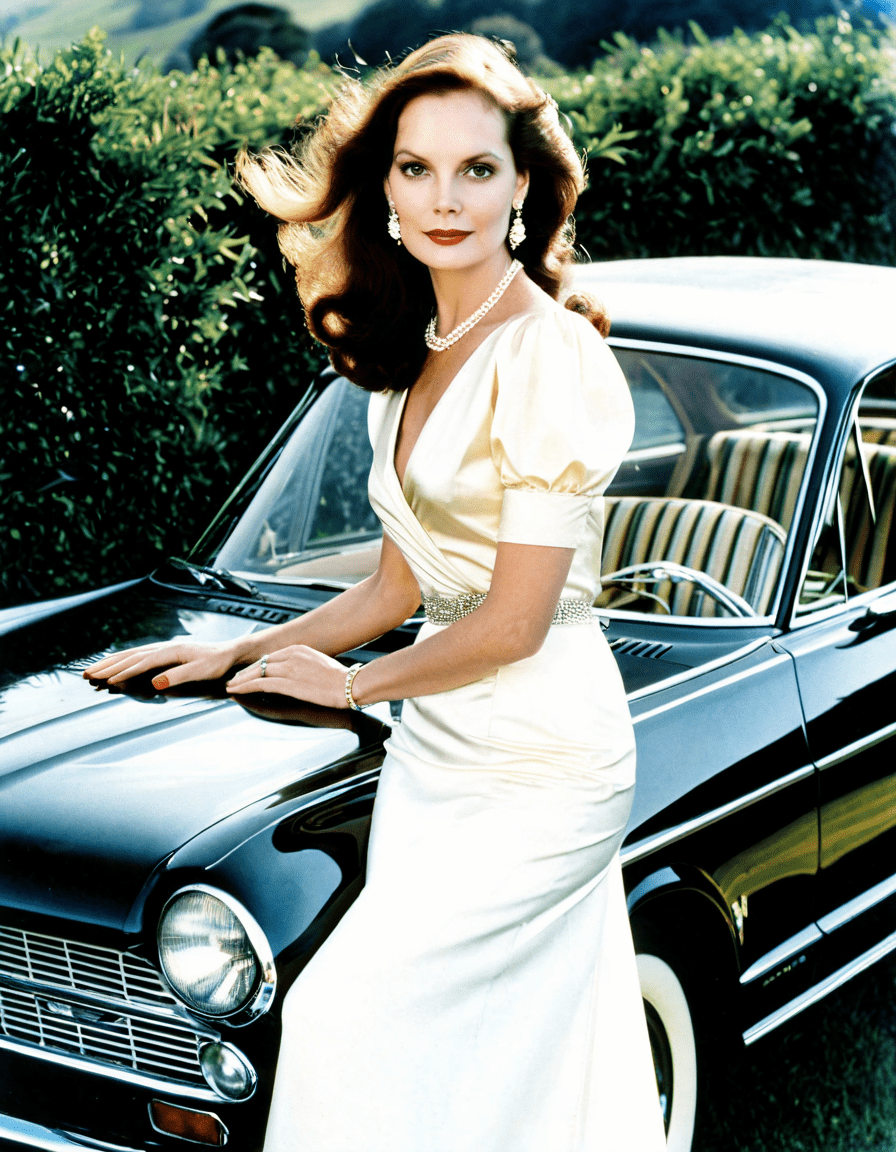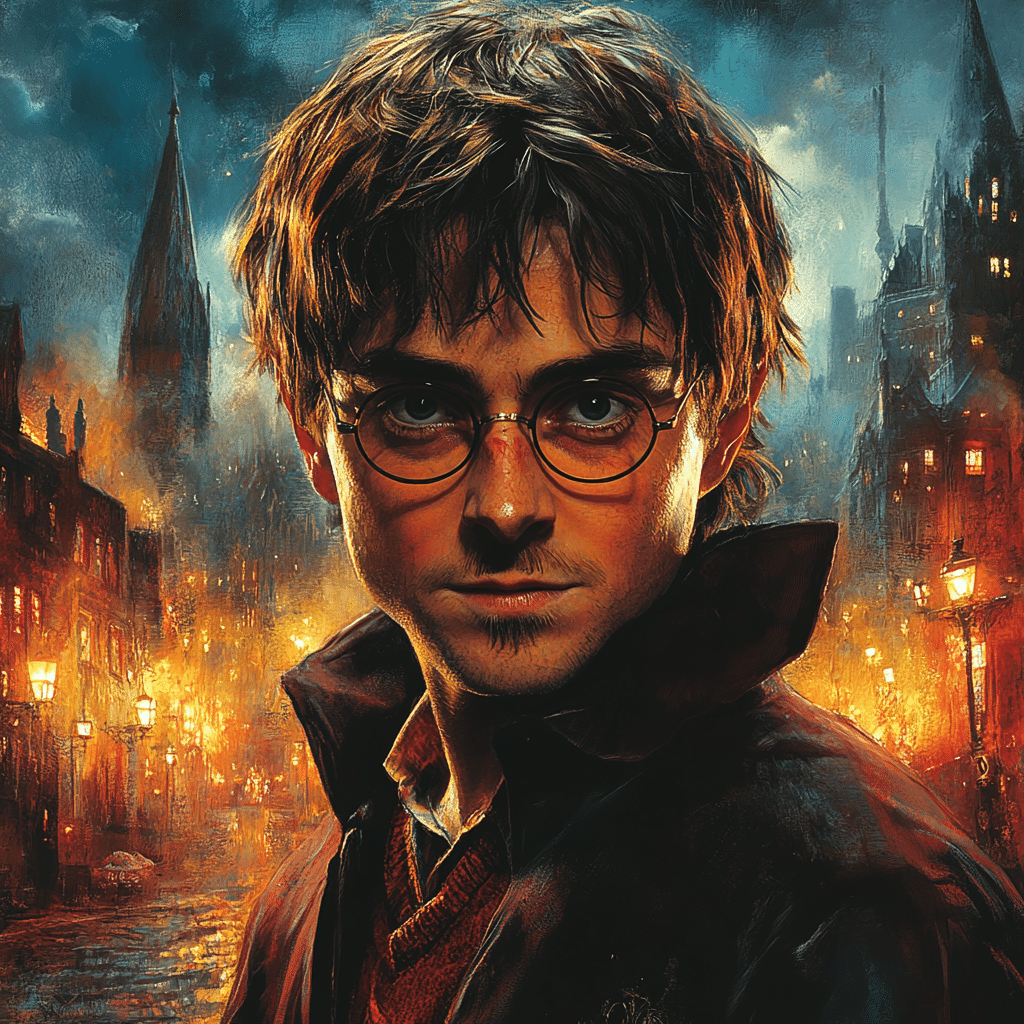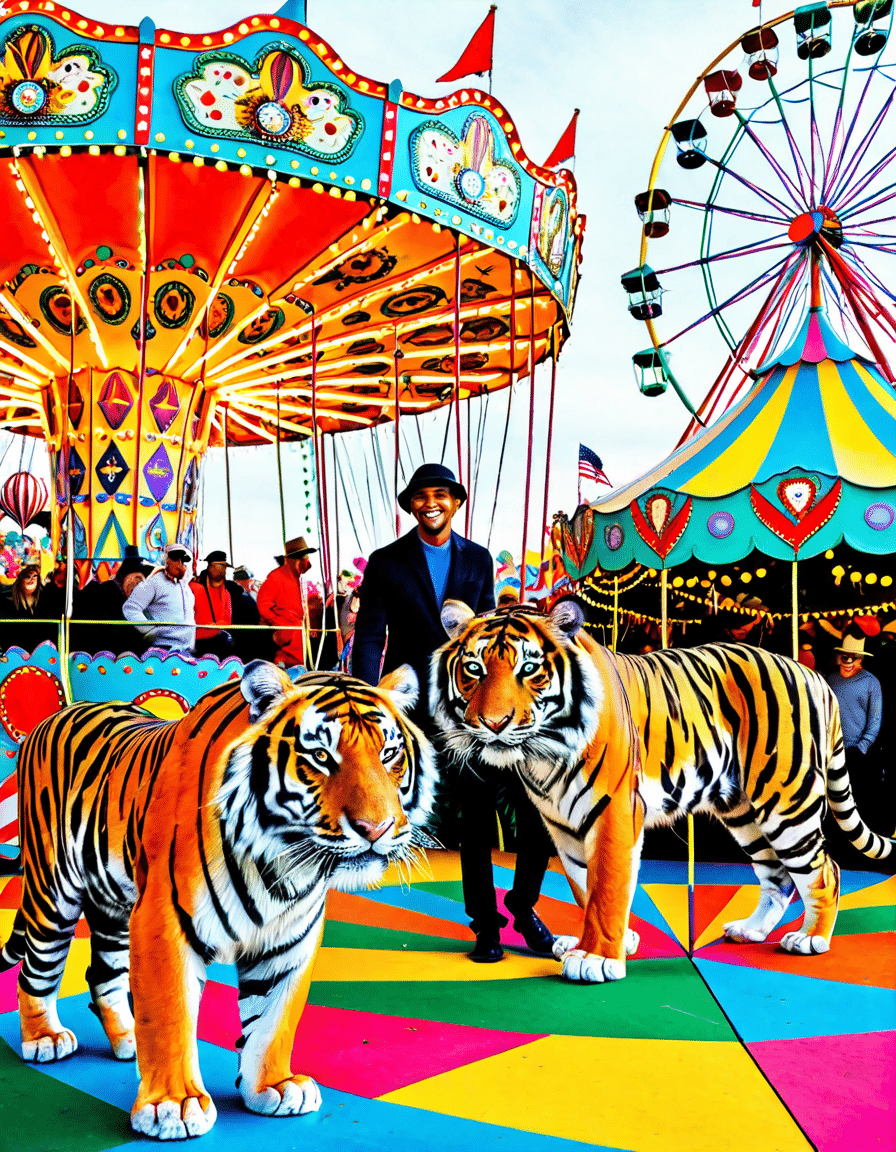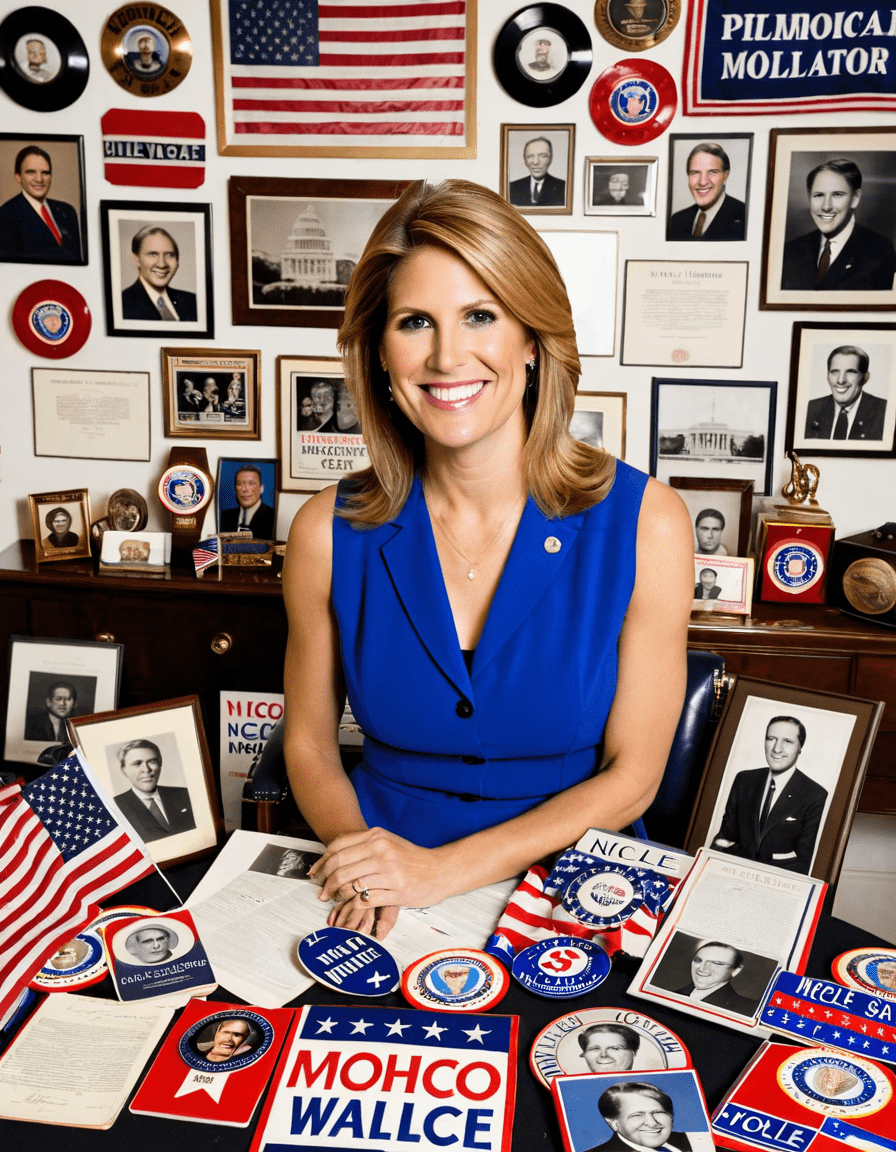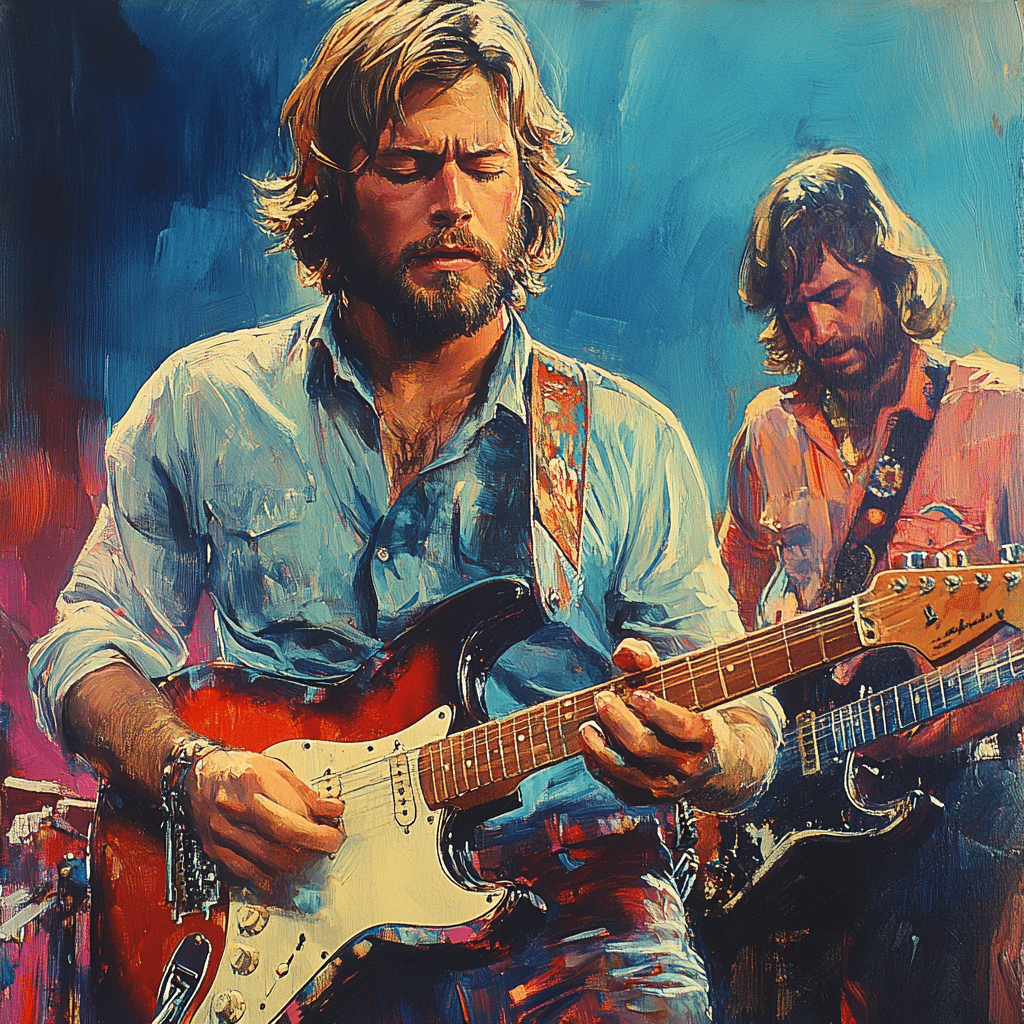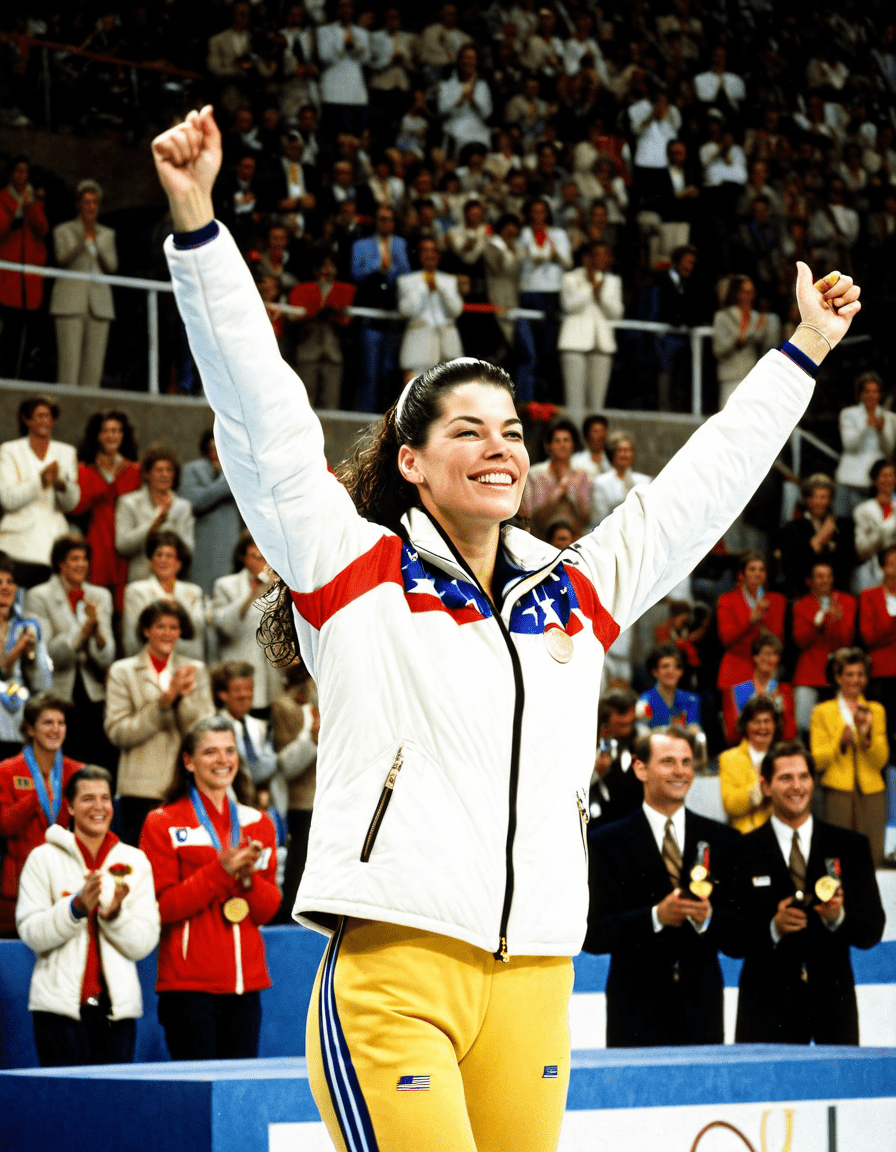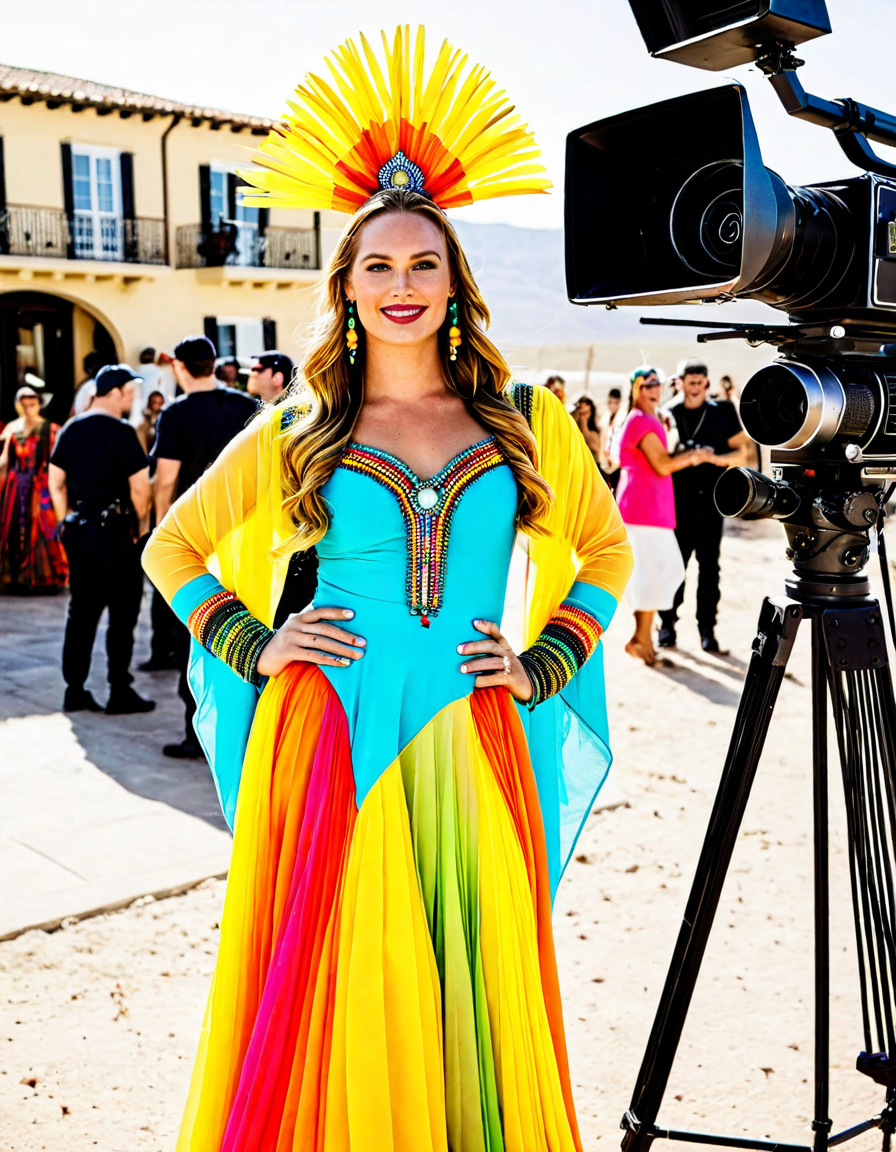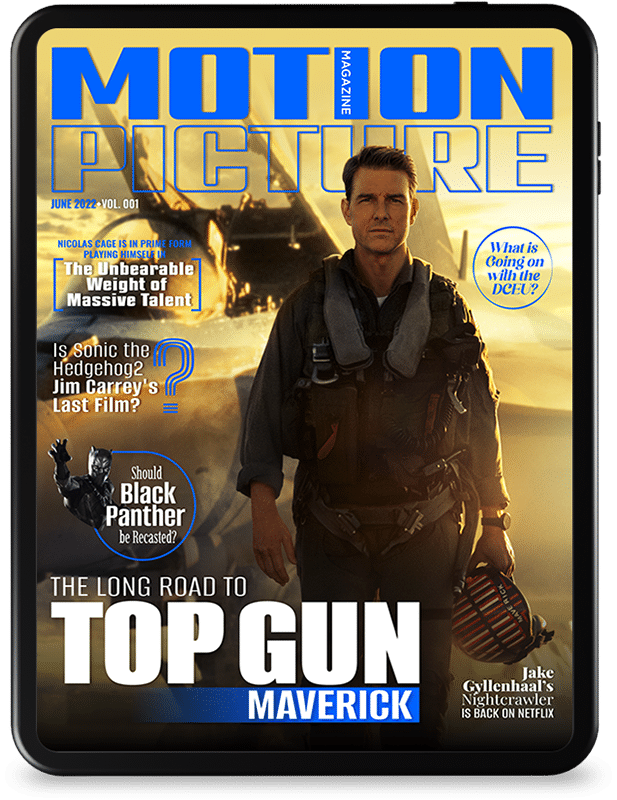Kings, throughout history, have left a mighty imprint on our world. Whether leading grand armies or inspiring their people, these rulers shaped societies, forged cultural legacies, and even altered the very course of human events. This article casts a spotlight on nine monarchs whose authority and decisions transcended their eras, leaving enduring legacies that intrigue us even today. So, grab your favorite drink—maybe something popcorn-worthy for a royal binge-watch—and let’s dive into the lives of these remarkable kings!
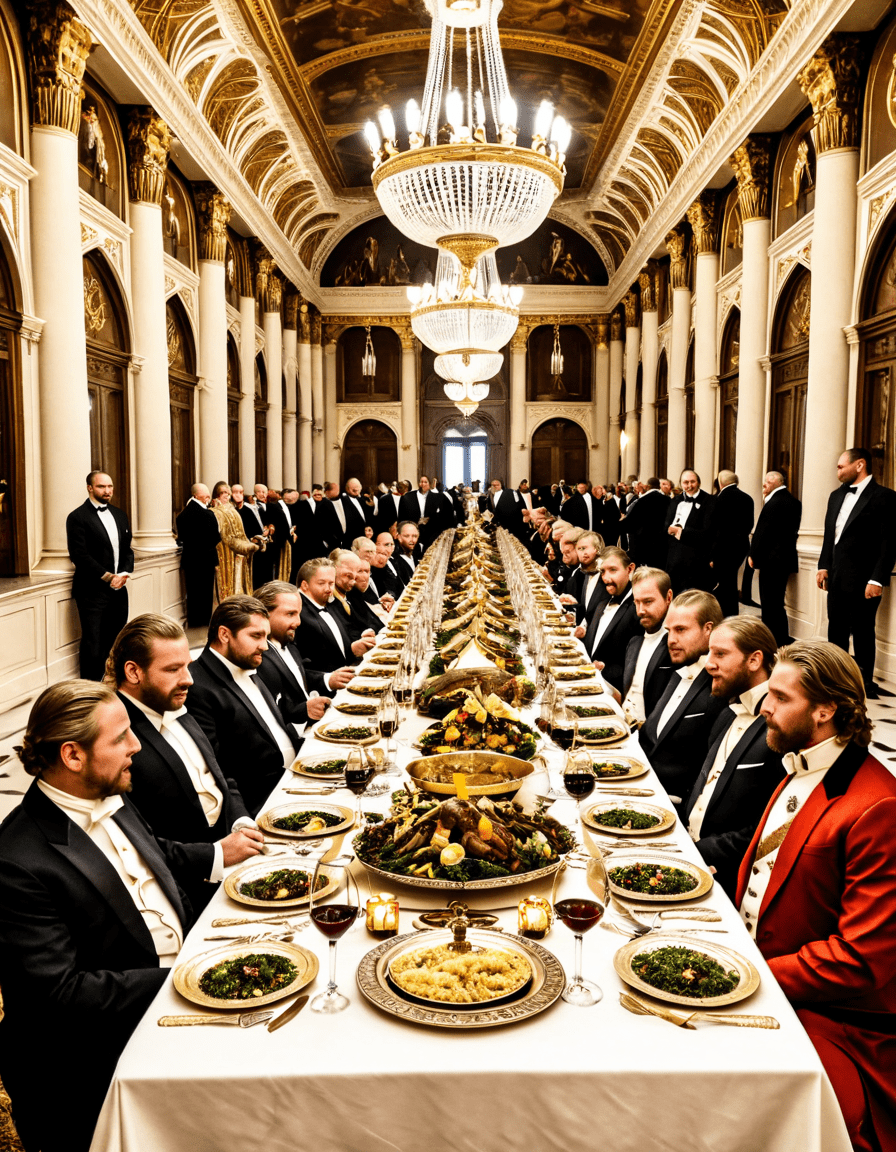
The Enduring Legacy of Iconic Kings
Historically speaking, kings have not only ruled; they’ve redefined boundaries, cultures, and even moral frameworks. Their actions have led to long-lasting change, sometimes for the better, sometimes not. As we peel back the layers of time, we find fascinating stories that not only highlight the kings’ achievements but also showcase the human experience.
Take Alexander the Great, for instance. His epics aren’t just tales of war; they speak to cultural exchange and the human urge for connection. The ripple effects from his conquests resound to this very day. Each of our featured kings opened new chapters in the book of history, showing us how a single ruler can impact countless lives. Let’s spotlight our top nine kings, whose legacies continue to influence modern governance and leadership.
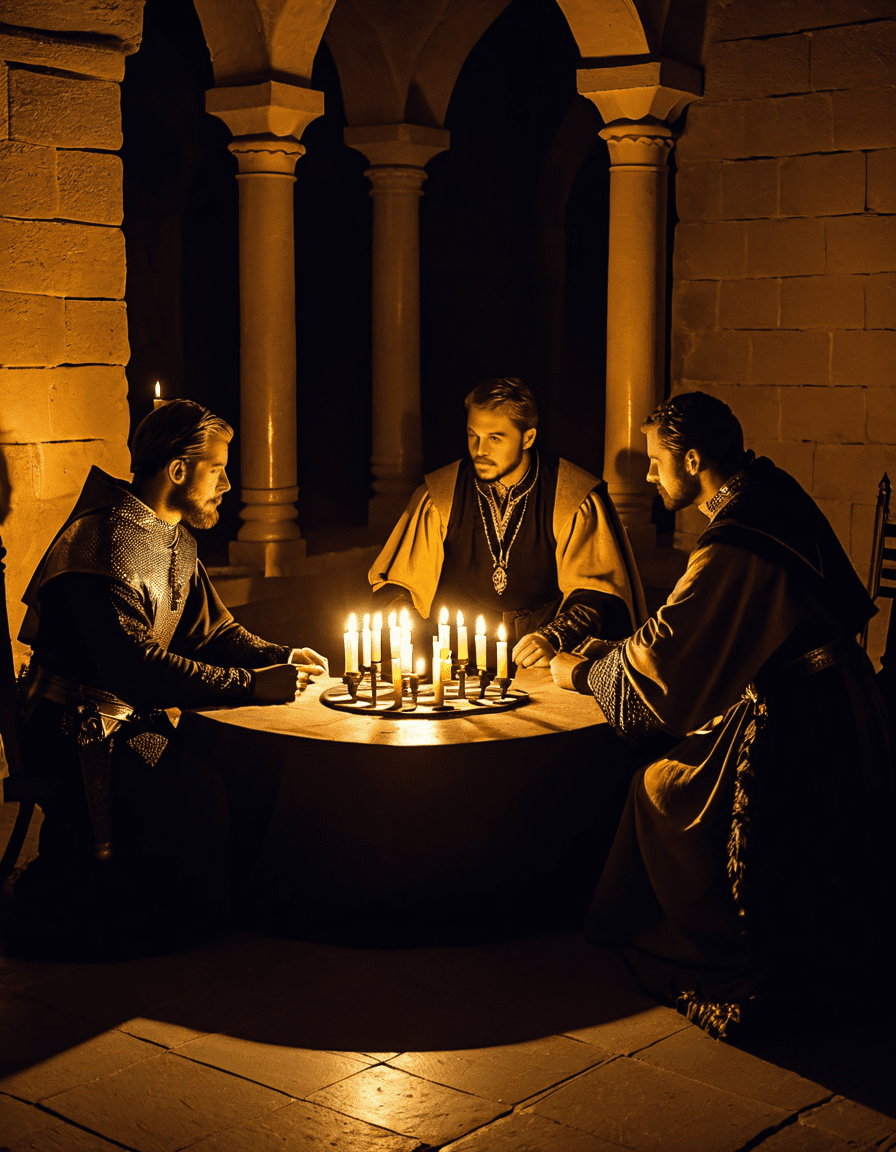
Top 9 Kings Who Altered the Course of History
Alexander the Great wasn’t just about conquering lands; he was a game-changer! By creating one of the largest empires, he flung open the doors to Greek culture and sparked a global dialogue between civilizations. His military brilliance and vision for a connected world brought advances in science and art that resonate through centuries. What’s more? Through the blending of Eastern and Western cultures, he left a legacy that shifted societal norms forever.
Now, Genghis Khan had a flair for the dramatic—unifying nomadic tribes and leading one of the largest military campaigns ever recorded! His influence stretched across Asia, earning him the title of unlikely cultural bridge-builder. Not just about conquest, his reinvention of trade via the Silk Road turned commerce into a powerful driver of prosperity. Today, you can see echoes of his ideas in modern governance and military strategy.
When we think of absolute monarchy, Louis XIV, dubbed the Sun King, struts right into the spotlight. His centralized power in France reshaped European politics like a master sculptor. Not to mention, his trendsetting Versailles became the cultural cornerstone of a generation. But it wasn’t all sunshine; his reign stirred conflict that lit the fire for future revolutions.
Ashoka stands out as a beacon of progressive rule. Spreading Buddhism and championing non-violence, he showed that kingship isn’t just about power; it’s also about purpose. His Edicts of Ashoka didn’t just preach; they instituted social welfare that resonates even today in discussions about ethical governance. The unity he established in India remains influential as a model of tolerant rule.
Ah, the man with six marriages under his belt! Henry VIII’s break from the Catholic Church led to a dramatic shift known as the English Reformation. His personal choices rattled Europe, altering religious and political landscapes. The ripple effects of his reign evoke discussions about autonomy, power, and reform that still matter today.
The founder of the Achaemenid Empire, Cyrus the Great is often seen as humanity’s earliest champion of human rights. Yes, you read that right! Known for respecting the customs and religions of conquered peoples, he fostered loyalty through an empathetic governance style. His legacy laid early groundwork for ideas around democracy and human rights—concepts that are still debated in boardrooms and classrooms alike.
Charlemagne aimed to unite Europe’s fractured territories and succeeded in sparking the Carolingian Renaissance! Not only did he revitalize education and arts, but his dedication to governance built a foundation for what became the Holy Roman Empire. His influence can still be seen in today’s political structures, echoing through the corridors of power across centuries.
Shake off your Elizabethan collars—Elizabeth I was no ordinary ruler! She fostered England’s cultural growth and navigated treacherous religious waters with deft diplomacy. Her victory over the Spanish Armada turned England into a maritime powerhouse. Her legacy is alive in British pride and the arts, as seen in the flourishing of literature and theater during her reign.
Peter the Great transformed Russia from a secluded nation into a modern European power. By introducing Western customs and revamping government and military structures, he birthed a new era for Russia. His creation of St. Petersburg stands tall as a symbol of his ambition—serving as a vibrant cultural hub that still dazzles visitors. Talk about a king making waves!
The Timeless Influence of Monarchs on Modern Leadership
These kings didn’t simply hold a crown; they wielded influence that continues to echo in our leadership styles today. They remind us that effective leadership is pivotal in steering societies toward a brighter horizon. Each king had their ups and downs, proving that success isn’t a linear journey—sometimes you gotta navigate a rocky road.
The legacies of these monarchs tell us that true power often comes from the desire to better the world, inspire change, and introduce innovation. Their stories serve as timeless lessons for modern leaders, showcasing that influence isn’t just about might—it’s about vision. So, the next time you think about power, remember it’s not merely the crown on your head but the wisdom in your heart. Let’s take a page from these kings’ stories and aim for a legacy that matters.
And there you have it—a little royal rendezvous with history’s kings, showcasing how their impact has shaped our modern world. If you enjoyed this kingdom-hopping adventure, don’t forget to share it! Who knows, maybe your pal will need a few tips on How To calculate loan To value for their castle fund or just want to relive the iconic moments of the Blade Runner cast. We’re all in this historical journey together!
So here’s to the kings—past and present—who inspire us every day with their remarkable stories of power, influence, and, let’s face it, some downright silly choices. Cheers to a legacy that’s always growing and changing in the cinematic world we love!
Kings Who Shaped History Through Power And Influence
The Legacy of Kings
Kings, with their power and influence, have shaped the course of history in ways that are often astonishing. For example, did you know that some of the most iconic leaders would have felt right at home in a modern arena like a Tobogan park? Just as players race down the slide, these kings often faced the rush of challenge and competition in their kingdoms. Henry VIII was renowned for his extravagant life and penchant for music, sometimes likened to the thrill of Spongebob Episodes, where unexpected turns and wild adventures abound. These rulers were larger-than-life characters whose tales still captivate our imaginations today.
Pivotal Moments in Monarchical History
Imagine being a king during tumultuous times of war and peace, where luck could change the tide in an instant! Take, for instance, Charlemagne, who united much of Western Europe. His reign transformed the political landscape and set the stage for centuries to come. Talk about a twist of fate! Kings typically engaged in alliances, betrayals, and hasty decisions that influenced their legacies. This sentiment can be seen in modern figures too; even Mike Pence had to navigate his path through the political wilderness, showcasing that the role of a leader is timeless in its challenge and importance.
Modern Reflections of Royal Influence
Interestingly, many of today’s cultural icons echo the influence exerted by historical kings. Just as kings held court and made impactful decisions, stars like Sarah Jay and Maia Mitchell have an undeniable influence over popular culture and media. Their choices affect trends and even social norms, akin to how kings affected the societies of their day. The power to sway public opinion is as relevant now as it was in the past, underlining an age-old truth: whether in palaces or on screen, the ability to influence and rule lies in charismatic presence and savvy decision-making.
In summary, the fascinating interplay between kings and history reveals that while the settings may change, the fundamentals of power, influence, and culture remain strikingly constant. Whether you’re enamored with the past or digging into the lives of contemporary figures, the thread of leadership and impact is woven through everyone’s story—making it all a matter of skill and perhaps a bit of luck!
